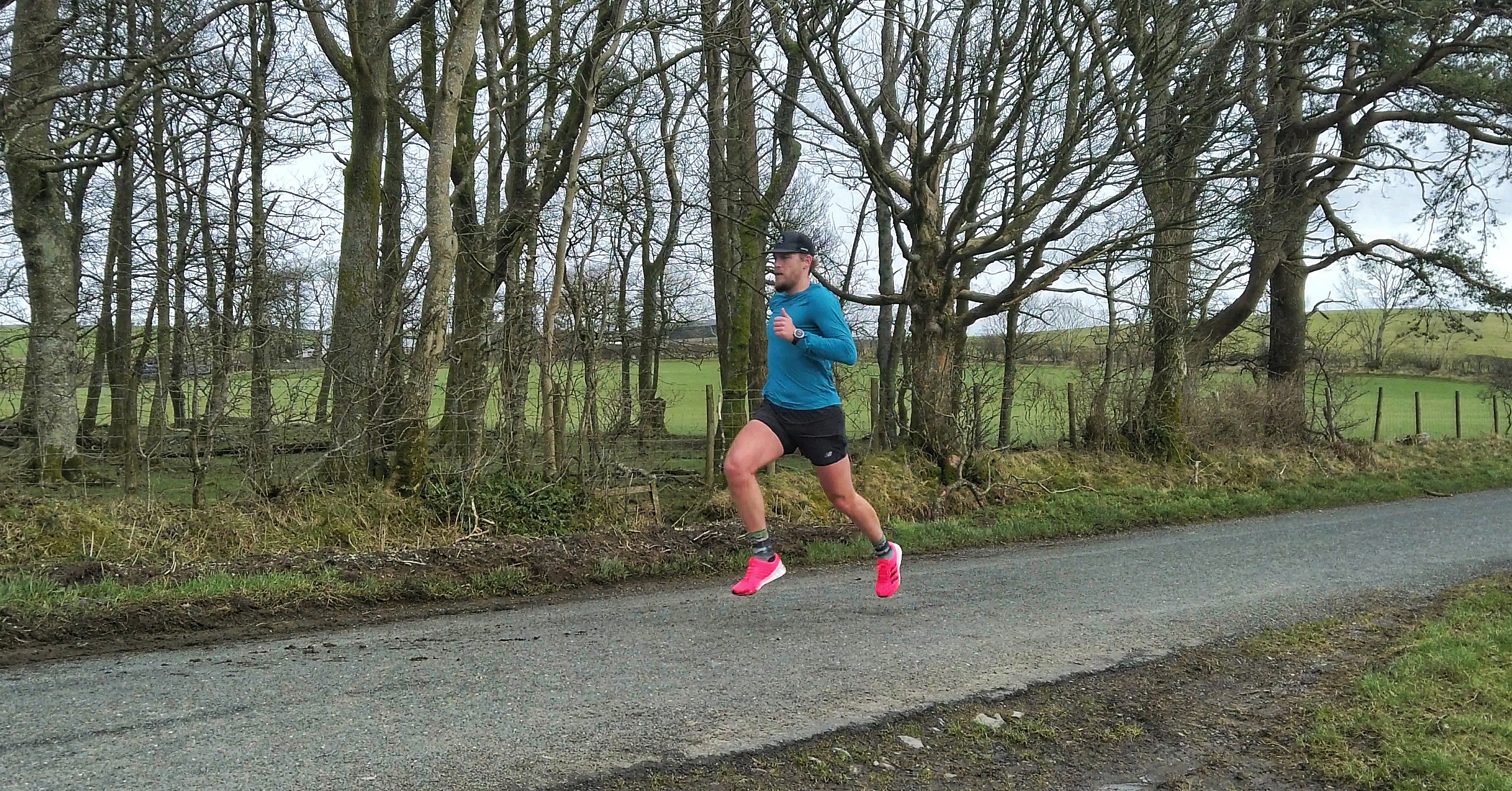Eating on the (Ultra) Run
- Darren Haworth

- Aug 19, 2021
- 2 min read
Ultra runners face a myriad of challenges with nutrition during their races, including the event's length, distance between aid stations, changing environmental conditions, fatigue-induced decision-making, and food fatigue. Undereating is a common pitfall that can hinder runners from reaching the finish line.
Nutrition is critical for success in ultra running, and with numerous nutrition brands available, it's essential to test various options during training, including gels, hydration tablets/powders, and real food.

Fueling Before Your Ultra:
Preparing your body for the endurance ahead begins days before the race. Consuming carbohydrate-rich meals 1-2 days prior helps replenish glycogen stores without overeating. On race morning, opt for a light carbohydrate meal about 2 hours pre-race, supplemented with a small snack 30 minutes before starting. Hydration is also crucial during this time.
During Your Ultra:
Initiate fuel intake early, ideally between 45-60 minutes into the run, to avoid struggling to catch up on calorie requirements later. Carrying along nutrition aids in sustaining energy levels and facilitating recovery for runs lasting more than an hour.
Most runners prefer carbohydrate-rich snacks like energy gels, chews, and fruits, aiming for 30–60 grams of carbohydrates and 200–300 calories per hour. Incorporating some fat for runs lasting over five hours can provide satiety, with options like energy bars, nuts, and jam sandwiches. Additionally, include a small amount of protein (about 15g per hour) to aid in recovery.
While many runners fuel for road marathons with sugars, the requirements change for ultra running. Heavy foods like pork pies become challenging to digest at faster paces, making easily digestible options like gels more effective. However, as the race progresses, cravings for fats, proteins, and salts emerge.
Some runners opt for unconventional fuel sources like pork pies or nut-butter sandwiches, while others prefer comfort foods like rice puddings and baked beans. Liquid calories, flavored milk, fruit smoothies, and soups can provide variety and replenish nutrients during the race.
What to Eat After Your Ultra:
Post-run nutrition is vital for replenishing glycogen stores, replacing lost electrolytes, and aiding muscle recovery. Consuming carbohydrate and protein-rich foods within 1–2 hours post-run is recommended. Options like chocolate milk or formulated recovery drinks can be effective choices.
Takeaway Tips:
Maintain a healthy, well-balanced diet comprising mainly carbohydrates, followed by fats and protein, to support overall energy levels and performance. Experiment with different foods during training to understand what works best for your body at different stages of your runs. Set reminders to eat and drink at regular intervals during your run to stay mindful of hydration and fueling needs.
In the complex landscape of ultra running nutrition, adaptability and experimentation are paramount. Embrace the journey of discovering what works best for your body, and fuel your success with strategic choices tailored to the demands of the trail. Lace up, turn up, and conquer those miles!







Comments